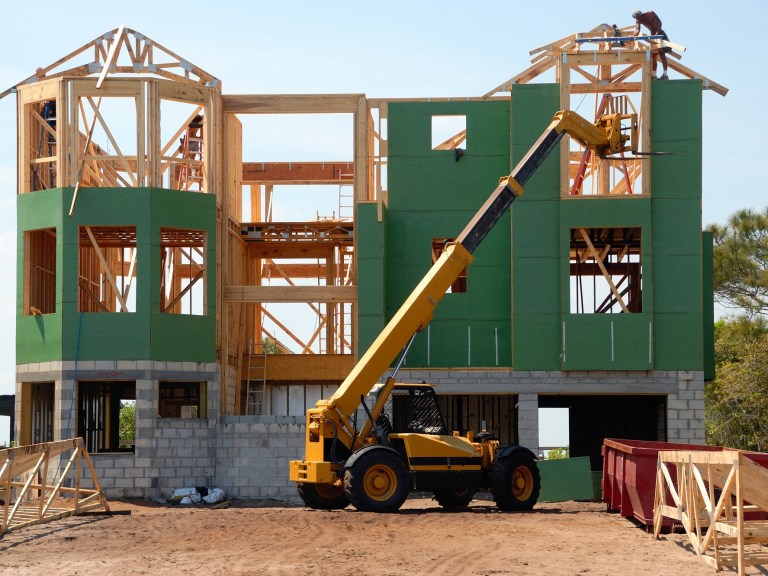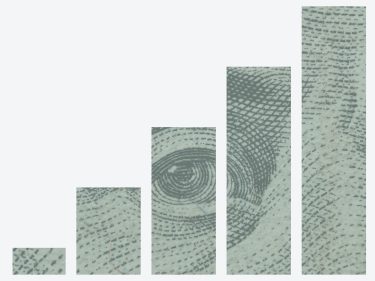Changing Economics
Changing Economics
Far more than theory, the principles of economics are constantly evolving to help solve pressing societal problems, from inflation to income inequality.
The economics of every day
At its core, economics helps us understand how groups manage and use resources, but its reach extends to so many aspects of our lives.

What can ease inflation?
Lawrence Summers, Harvard’s Charles W. Eliot University Professor, explores policy and legislation that could help control rising inflation.

Is the housing market at an inflection point?
Both home prices and rents rose last year at their fastest pace in decades, but rising interest rates have already taken some heat out of the homebuying market.
The latest thinking from The Harvard Joint Center for Housing Studies
Can patient empowerment help fix the inefficient healthcare market?
Addressing equity through economics
Economics can provide contributions to some of the world’s most pressing issues, from stagnant upward mobility to the rise of authoritarian populism.

What are the consequences of our large wealth gap?
Nobel Prize-winning economist Joseph Stiglitz explores the alarming wealth and income gap in the U.S. that was set into motion by years of policy decisions and exacerbated by global financial crises.

Using economics to increase upward mobility
Economist Raj Chetty is harnessing cutting-edge research and the power of big data to identify why upward mobility has stalled—and how we can fix it.
Using economics to increase upward mobilityWhat are the historical roots of economic inequality?

The cycles of history
Learning about economic crises of the past can prepare us for a more stable future.
What is an economic bubble?
The Baker Library holds one of the most extensive collections of artifacts pertaining to the South Sea Bubble, a financial crisis in 1720 which is considered the first international stock market crash.
The essay
History Professor Emma Rothchild looks at the first bubble from today’s perspective in “The South Sea Bubble in 2020.”
The timeline
Follow the trajectory of this bubble, from the establishment of the South Sea Company in 1711 until its demise in 1854.
The exhibition
Explore selections from the collection to gain context for understanding the economic and social dimensions of the bubble.

What are the parallels between the current Russian boycott and 1970s oil crisis?

Better understand economic research
The Shorenstein Center has created tip sheets and explainers to help everyone understand academic research methods and find and recognize high-quality research.
Short-term investments in your education
Follow your interest in economics without paying interest, with these free online courses.
Develop and refine your ethical framework to address challenging moral dilemmas.
Learn the basic economics, engineering, and environmental science of our energy system.
Economics provides the analytical framework to better understanding all aspects of urbanism.
Long-term investments in your education
Add a new set of skills to your CV, or prepare yourself for a career in economics.
YOU MAY ALSO LIKE




